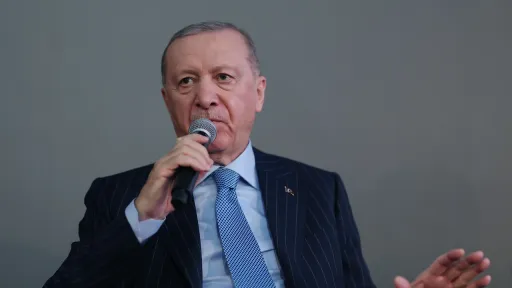By Emmanuel Onyango
For the most part, Mozambique’s current crisis feels déjà vu all over again.
The ruling FRELIMO party, in power since 1975, is facing a crisis similar to what it experienced more than two decades ago when it was confronted with an even bigger post-election crisis.
Back in 1999, a closely fought presidential election was overshadowed by claims of manipulation of votes that led FRELIMO’s candidate, Joaquim Chissano, to be declared winner over the opposition RENAMO party’s candidate Afonso Dhlakama.
It was the country’s second multi-party elections after the signing of a peace accord between RENAMO and the FRELIMO-led government in October 1992, ending a 16-year civil war.
The results of the election led to a year of uncertainty and instability in Mozambique, before RENAMO eventually recognised the government following talks between President Chissano and RENAMO leader, Afonso Dhlakama.
During the talks, President Chissano and Mr Dhlakama shook hands for the first time after they had struck a number of agreements, including that the president would in future consult RENAMO over appointments and release of all political prisoners.
Fast forward to 2024, unrest over another presidential election has claimed the lives of more than 200 people, including security forces, according to rights groups.
Violent opposition protests erupted in the wake of the elections in October continuing for weeks, with the opposition claiming the vote was rigged.
The country's highest court has confirmed the ruling party’s candidate, Daniel Chapo, as winner of the October elections with 65% of the vote. His main challenger, Venâncio Mondlane of PODEMOS party, claims the election was rigged and that he won.
“This is a déjà vu, we have seen it in the past. In 1999 it was bigger than this,” Prof Adriano Nuvunga, the director of the Center for Democracy and Human Rights in Mozambique, told TRT Afrika.
However, Nuvunga said the current situation in the country is ‘’volatile’’ and ‘’dangerous’’ as the unrest continues ahead of the swearing in of the new president.
President-elect Chapo is pushing ahead with plans for his inauguration due on January 15 and plans talks with opposition thereafter.
His opponent Mondlane, who is in exile, has vowed to hold his own parallel swearing-in on the same day. He has been using social media to pass his message to Mozambicans.
The unrest sparked by the opposition protests took a dramatic turn with a massive prison break in the capital, Maputo, on Wednesday. More than 1,500 inmates escaped from a high-security prison prompting a massive manhunt by security forces.
The National Police Chief, Bernardino Rafael, said 33 prisoners were killed and 15 others wounded in clashes with prison staff, while about 150 fleeing inmates were recaptured.
As the situation remains fluid, experts take a dim view on possible rapprochement of the two opponents in a fashion similar to what happened in 1999. But they warn that more violence in the Southern African country could be retrogressive.
“The most obvious path forward is a national unity government,” Prof Nuvunga suggested. “But it’s very unlikely we will see this happen because FRELIMO is sticking to the narrative of having won the elections.”
The chair of the African Union Commission (AUC), Moussa Faki Mahamat, has called on the government and opposition to seek a peaceful solution to the current crisis ‘’to avoid further loss of life and destruction of property’’.
In a statement on Wednesday, Mahamat said he would continue to ‘’closely monitor the developments in Mozambique" and urged "security services to exercise restraint in the use of force.’’
UN Secretary-General Antonio Guterres on Thursday also urged "all political leaders and relevant national stakeholders to defuse tensions, including through meaningful dialogue and legal redress, refrain from the use of violence, and redouble efforts to seek a peaceful resolution to the ongoing crisis in a constructive manner,” according to a statement by his spokesperson.
Current President Filipe Nyusi is stepping down after the end of two presidential terms. His efforts to have the opposition pull back from the brink and engage in talks have been unsuccessful.
“I haven’t seen credible attempts to engage in a constructive, inclusive, transparent dialogue,’’ said Prof Nuvunga.
“It seems FRELIMO will stick to the idea of moving ahead with the inauguration despite the whole crisis,’’ he said, adding that reconciliation remains the most viable solution.
➤Click here to follow our WhatsApp channel for more stories.
























